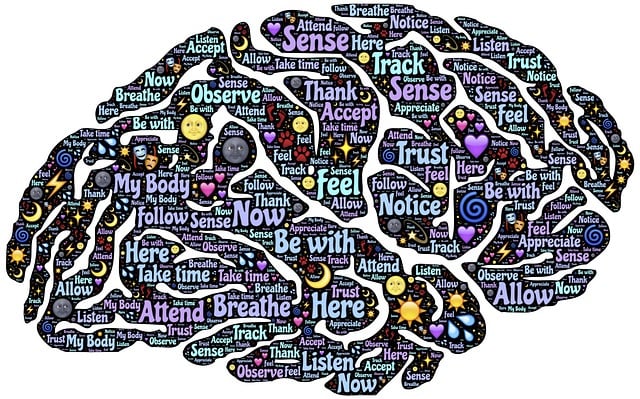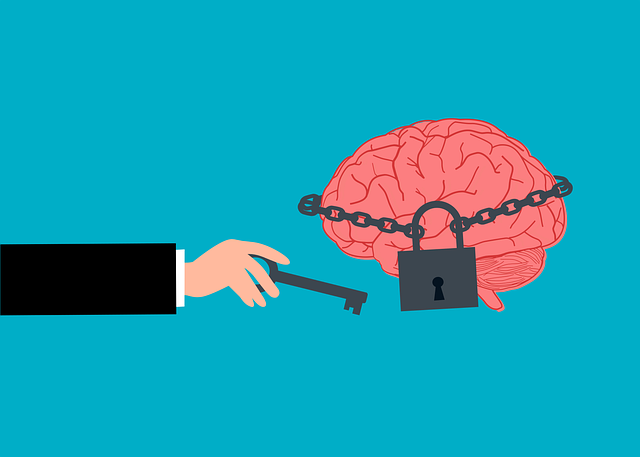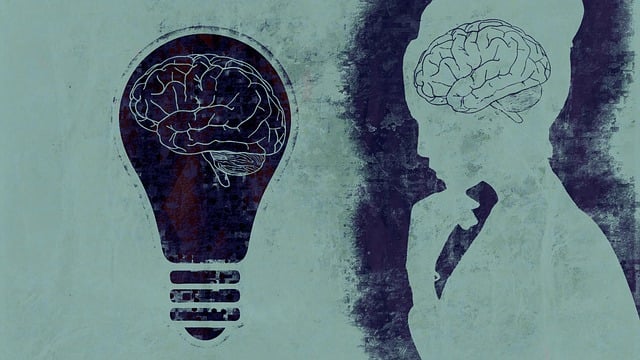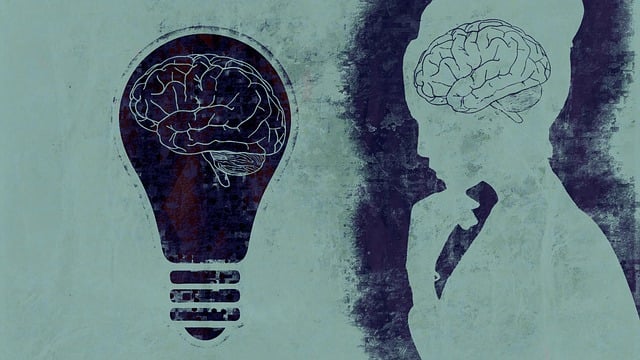Diagnosing mental illnesses, especially eating disorders, accurately is challenging due to their complex nature and overlapping symptoms. Littleton Eating Disorders Therapy addresses this by integrating evidence-based practices like CBT, DBT, and mindfulness. Through comprehensive assessments and interprofessional collaboration, therapists uncover underlying causes of distress, ensuring tailored care. Public awareness campaigns about mental health and specialized therapy like Littleton Eating Disorders Therapy are crucial for early intervention, accurate diagnoses, and improved treatment outcomes.
Mental illness diagnosis accuracy is a critical aspect of patient care, with significant implications for treatment outcomes. This article explores efforts to enhance diagnostic precision, focusing on various strategies that have proven effective in improving identification rates. We delve into the complexities of mental health assessment, highlighting challenges and offering insights through key sections: specialized therapies (like Littleton Eating Disorders Therapy), evidence-based tools, interprofessional collaboration, and public awareness initiatives.
- Understanding the Challenges of Mental Illness Diagnosis Accuracy
- The Role of Specialized Therapies like Littleton Eating Disorders Therapy
- Incorporating Evidence-Based Assessment Tools and Techniques
- Enhancing Interprofessional Collaboration for Comprehensive Evaluations
- Promoting Public Awareness and Early Intervention Strategies
Understanding the Challenges of Mental Illness Diagnosis Accuracy

Diagnosing mental illnesses accurately is a complex task due to their intricate nature and overlapping symptoms. The human mind is a labyrinthine landscape, making it challenging for professionals to navigate and differentiate between various disorders. This complexity is especially pronounced in conditions like eating disorders, which can masquerade as mere dieting or lifestyle choices rather than severe mental health crises. For instance, someone presenting with excessive worry and avoidance behaviors might be misdiagnosed as simply anxious, when in reality, they could be battling anxiety disorders like obsessive-compulsive disorder (OCD) or generalized anxiety disorder (GAD).
Littleton Eating Disorders Therapy recognizes this challenge and employs a multi-faceted approach to enhance diagnosis accuracy. By integrating evidence-based practices such as cognitive behavioral therapy (CBT), dialectical behavior therapy (DBT), and mindfulness techniques, therapists aim to uncover the underlying causes of distress. Additionally, stress reduction methods, anxiety relief strategies, and positive thinking exercises play pivotal roles in differentiating between normal emotional responses and symptoms indicative of more profound mental health issues. This comprehensive strategy ensures that individuals receive appropriate care, tailored to their unique needs.
The Role of Specialized Therapies like Littleton Eating Disorders Therapy

In the quest for enhancing mental illness diagnosis accuracy, specialized therapies like Littleton Eating Disorders Therapy play a pivotal role. This form of therapy is tailored to address specific conditions, such as eating disorders, with a deep understanding of their complexities and unique challenges. By employing evidence-based practices and adaptive techniques, therapists help individuals gain insights into their mental health states, fostering self-awareness exercises that are crucial for accurate diagnosis. Littleton Eating Disorders Therapy goes beyond treating symptoms; it encourages clients to embrace Mind Over Matter principles, empowering them to actively participate in their healing journey.
Integrating these specialized therapies requires a collaborative effort between healthcare professionals and advocates for Mental Health Policy Analysis and Advocacy. This ensures that the latest therapeutic approaches are accessible, leading to more precise diagnoses and personalized treatment plans. Through such concerted efforts, the field of mental health care can continually evolve, benefiting from innovative practices like Littleton Eating Disorders Therapy, ultimately improving outcomes for those struggling with various mental health disorders.
Incorporating Evidence-Based Assessment Tools and Techniques

Incorporating evidence-based assessment tools and techniques is a pivotal strategy in enhancing the accuracy of mental illness diagnoses. These methods, backed by rigorous research, offer a more nuanced understanding of an individual’s psychological state. Mental health professionals in Littleton Eating Disorders Therapy, for instance, utilize comprehensive assessments that go beyond surface-level symptoms to identify underlying causes. By adopting these evidence-based practices, therapists can make more precise evaluations, tailoring treatments to address specific needs.
Resilience building, self-esteem improvement, and self-care routine development for better mental health are key areas supported by such tools. They help in gauging an individual’s coping mechanisms, self-perception, and overall well-being, ensuring a holistic approach to diagnosis. This not only improves the accuracy of mental illness identification but also paves the way for more effective treatment plans, ultimately fostering better outcomes for patients.
Enhancing Interprofessional Collaboration for Comprehensive Evaluations

In the pursuit of enhancing mental illness diagnosis accuracy, interprofessional collaboration plays a pivotal role. Different healthcare specialists—psychiatrists, psychologists, primary care physicians, and therapists—bring unique expertise to the table. By fostering robust communication strategies between these professionals, patients receive comprehensive evaluations that consider various aspects of their mental health. For instance, a patient presenting with symptoms of anxiety and potential eating disorders might benefit from coordinated care involving a Littleton Eating Disorders Therapy specialist, a psychologist offering mental wellness coaching programs, and a general practitioner monitoring overall physical health. This collaborative approach ensures no stone is left unturned during the diagnostic process.
Effective interprofessional collaboration relies on established communication strategies that facilitate information sharing and mutual understanding. These strategies not only streamline patient care but also contribute to the development of evidence-based practices. By promoting open dialogue, professionals can identify complex cases more accurately, differentiate between similar symptoms, and provide tailored interventions, ultimately improving patient outcomes and enhancing mental wellness for those seeking treatment.
Promoting Public Awareness and Early Intervention Strategies

Increasing public awareness about mental health is a key strategy in improving diagnosis accuracy and promoting early intervention. Many individuals with mental illnesses, such as eating disorders, often face stigma and lack understanding from their communities. Educational campaigns that dispel myths and provide accurate information can encourage people to recognize signs and symptoms early on. This proactive approach allows for timely access to professional help, like Littleton Eating Disorders Therapy, where specialized therapists can offer evidence-based treatments.
Early intervention plays a crucial role in managing mental health effectively. By integrating compassion cultivation practices and fostering self-care routine development for better emotional well-being, communities can create a supportive environment. Promoting these techniques can empower individuals to take charge of their mental health and seek appropriate support when needed, ensuring more accurate diagnoses and improved treatment outcomes.
Mental illness diagnosis accuracy has long presented significant challenges, but through concerted efforts, we can make substantial improvements. By implementing specialized therapies like Littleton Eating Disorders Therapy, adopting evidence-based assessment tools, enhancing interprofessional collaboration, and promoting public awareness for early intervention, we can significantly advance mental healthcare. These strategies collectively offer a comprehensive approach to accurately diagnosing and effectively treating various mental health conditions.














